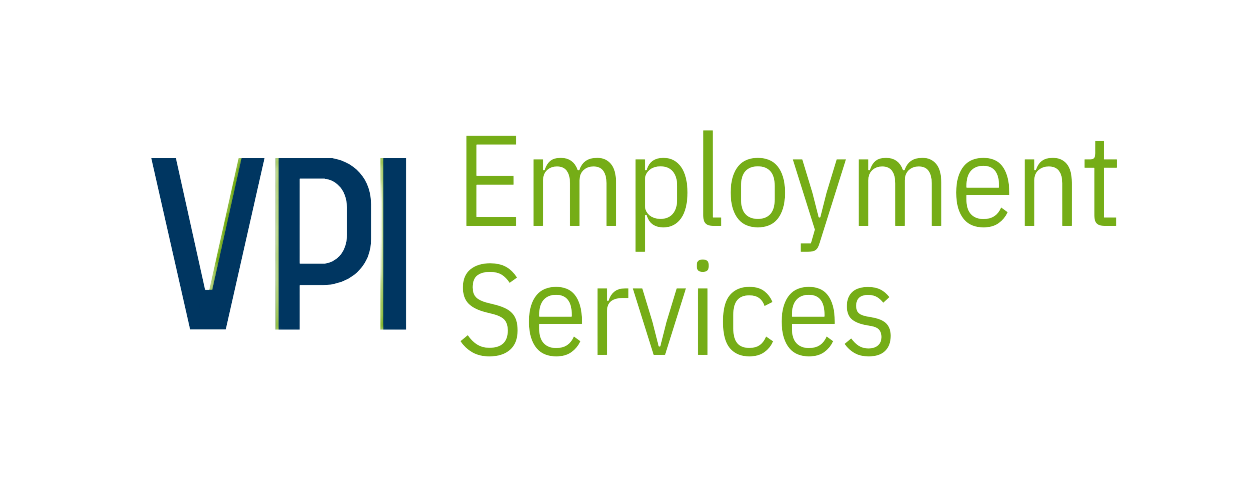School teaches you much more than you think.
B minus, A plus, 68, 74…whether it’s alphabetical or numerical, grades are a key metric used throughout your time in school. Grades indicate how well you understood a certain subject or topic and how well you applied your knowledge.
But how did you get those grades? There is more that goes into your grades than just repeating and memorizing facts.
When you’re studying for a math test, what you are really trying to use are essential skills that have been taught to you ever since you came across your very first math problem in elementary school. These essential skills are not graded, but you are expected to use and improve them over time with every math question you encounter.
Although it may not seem like it, these essential skills are valuable because they are applicable outside of school. You can benefit from using them in almost every part of your life, including when you join the workforce.
So, what are these essential skills? Take a look at 4 essential skills that you have learned at school that are key to your learning and development.
Essential Skills Taught in School
Problem Solving Skills
Let’s talk about that math test. You can try to remember formulas and equations all day long but unless you use effective problem-solving skills – you most likely won’t end up with the grade you want on your math test.
Mathematics is an important subject but it’s not because you need to be a math expert when you grow older. Math teaches you how to identify and approach different situational problems and equations – effectively building your problem-solving abilities over time. It is an essential skill that is important not only in school but in real-life scenarios as well.
You will definitely encounter problems throughout your life; school and it’s many subjects like mathematics, trains you to develop your problem-solving skills so you can identify and solve your own problems in the future.
Time Management
With multiple assignments and class schedules, it can be easy to forget how much time you really need to get your work done. From taking class attendance, to deducting marks for a late assignment submission, schools have been showing students that poor time management skills can result in negative consequences.
Time management skills is an essential soft skill that is taught throughout your educational career. Having great time management skills can have a positive impact on your professional, educational, and personal life. With proper time management skills, you can become more organized, find time for hobbies, be punctual to meetings, and find the right amount of time to finish projects at work.
Learn more about the importance of time management skills.
Creativity
Creativity is another essential soft skill that you learn in school. Although art class is probably the first thing that comes to mind when you read the word ‘creativity’, there are other ways students can exercise their creativity in school.
Think of a project rubric. Your teacher may lay out guidelines for the key points you need to cover in your project. But there are spaces between those key points that you’ll have to fill in a way that is unique to you.
Aside from a rubric, you are free to create anything you wish with your projects, presentations, and assignments. You are free to explore different slide designs on your PowerPoint presentation. You are free to use any material and colours for your Bristol board. You are free to be a creative. Every project you submit or presentation you showcase was only limited to the rubric, but the rest was up to your own creativity.
Creativity is an important skill to learn and develop in life. It allows us to find our passions and find satisfaction in creating something from nothing. We are all creative in our different ways and school allows us to find our creative ability from an early age.
Creativity can also be tied to problem solving. Often when there is a problem, it’s because the people involved are stuck thinking about the situation in a particular way—like a rubric. Creativity is a an essential skill to bring new perspectives and ideas to situations.
Communication Skills
Humans, by nature, are social creatures. In today’s technology-filled world, being able to communicate effectively with the people we interact with is an important asset. From teaching you your ABC’s to presenting a project in front of your peers, school has been teaching you how to communicate effectively ever since you were in kindergarten. You may not recognize it, but in each class you are a part of, you are expected to exercise your verbal and written communication skills.
Communication is an essential skill that plays a key role in determining your grades. If you have grammar mistakes on your report, or if you are speaking too softly during your presentation, or if you are not actively participating in class…your grades will surely reflect these communication issues. By penalizing students on these errors, it forces students to change for the better and overtime it helps improve their communication skills.
Communication skills connect back with almost every other essential skill. You may have creative ideas or solutions to problems. But, if you can’t communicate effectively to your peers, it will be difficult to get an idea off the ground. Communication is the skill that lets you share your other skills with everyone else.

